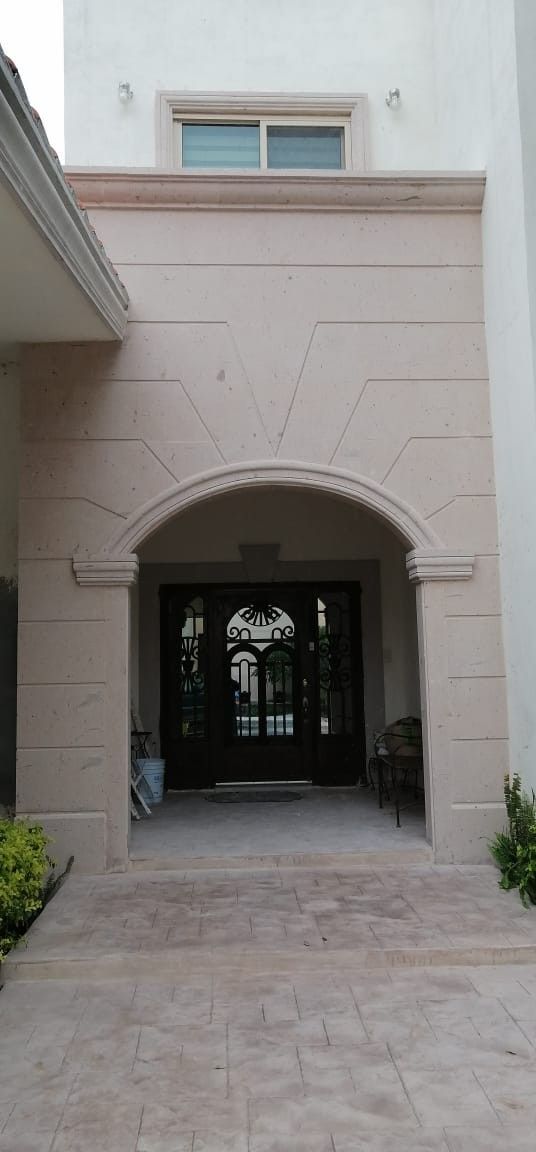caracteristicas de la cantera (1) Ingenieria Civil y Arquitectura
Los arquitectos se enfocan en el inmueble durante un proyecto. El ingeniero civil trabaja en todo el proyecto. La Arquitectura es la habilidad y la destreza de planear bosquejar construir







